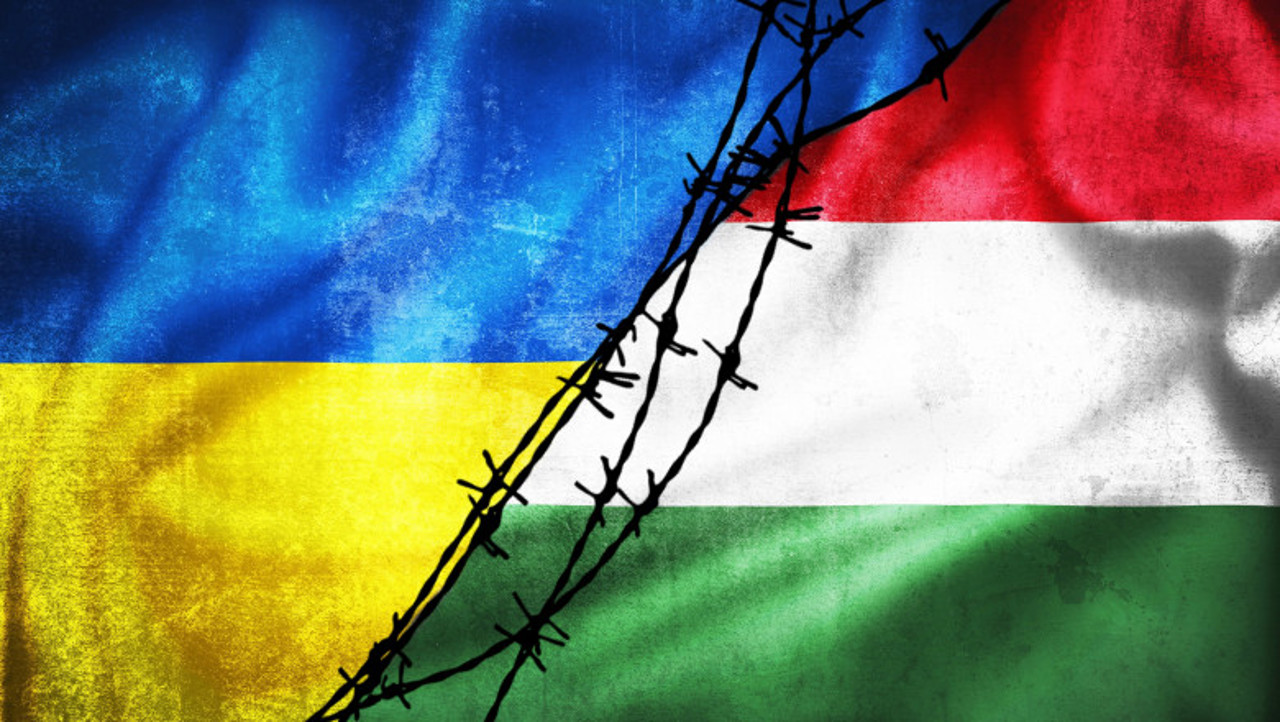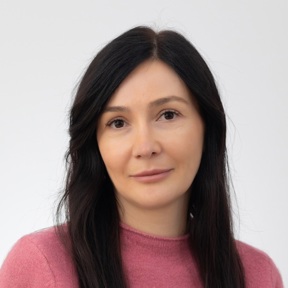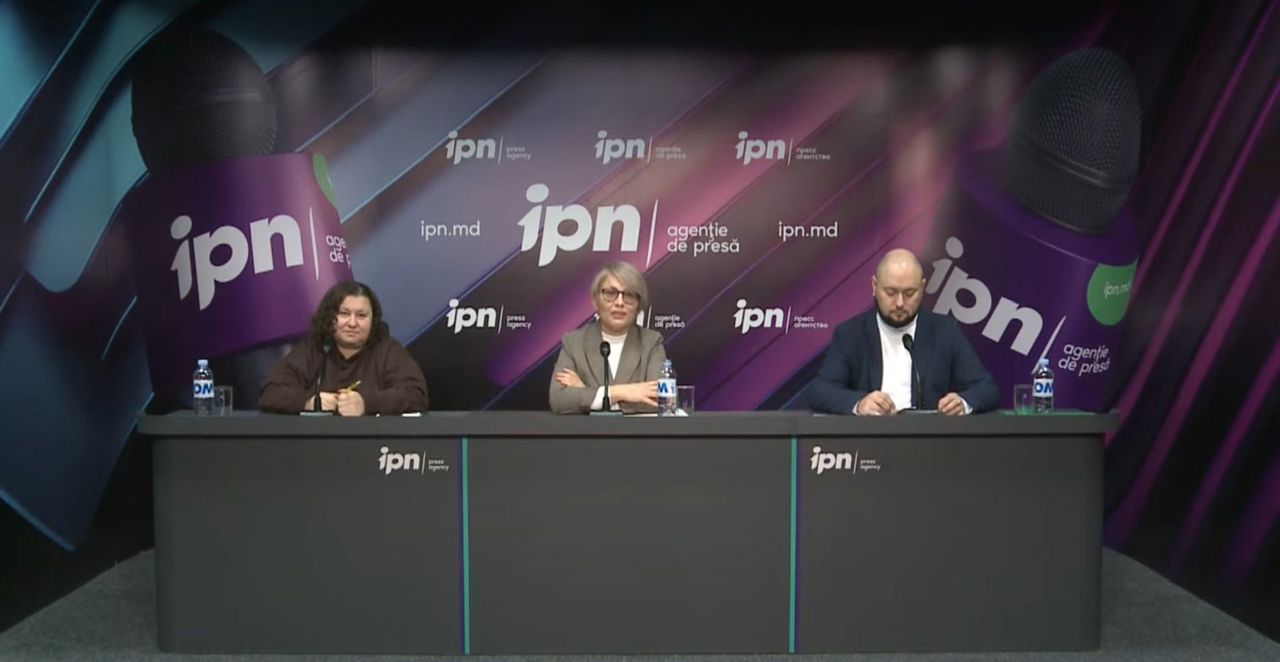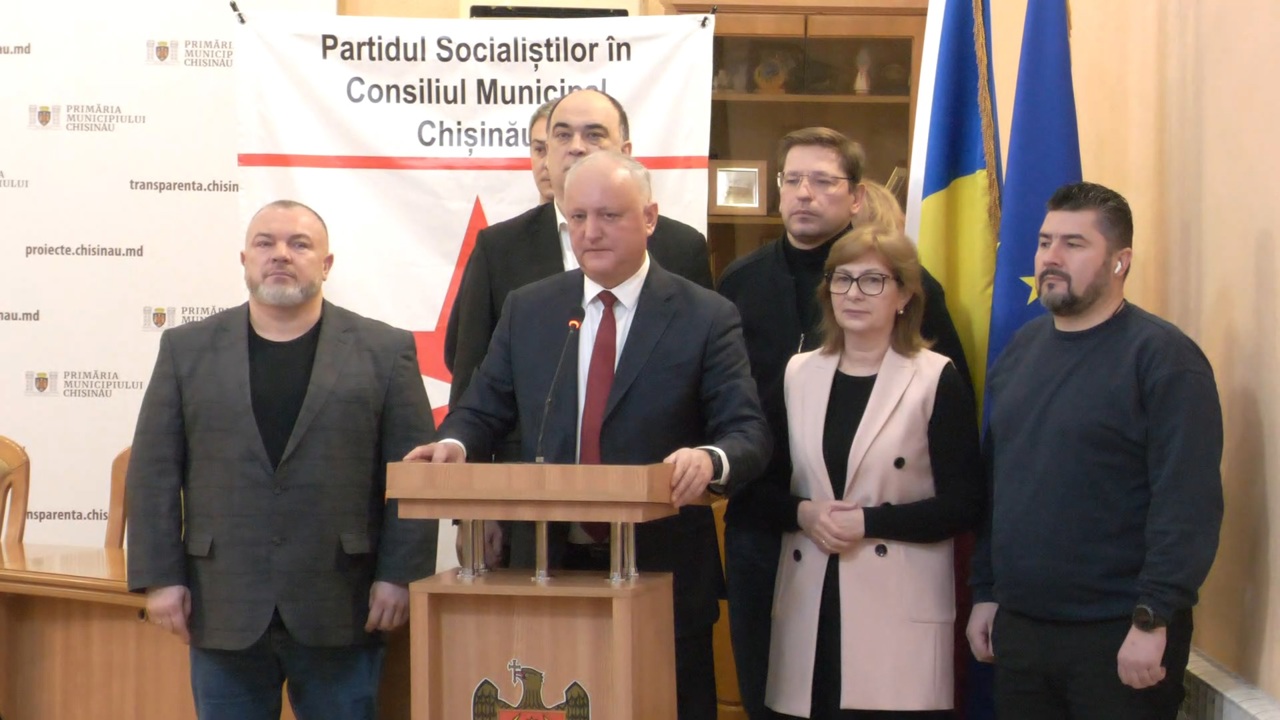EU aid to Ukraine stalled by Hungarian veto
European Union leaders envisioned a crucial lifeline for war-battered Ukraine on Thursday. A €50 billion aid package, aimed at bolstering the country's finances as it defends itself against Russia's ongoing invasion, seemed poised for approval. But at the eleventh hour, a lone dissenting voice threatened to derail the entire plan: Hungarian Prime Minister Viktor Orban.

Orban, a figure known for his Euroscepticism and close ties to the Kremlin, cast a lone veto against the proposal. His stated reason? Concerns about the EU's own budgetary stability. As he declared on social media, "Summary of the night shift: veto for additional money for Ukraine."
The Hungarian leader's stance threw a wrench into the carefully crafted agreement, leaving EU officials scrambling for a solution. Dutch Prime Minister Mark Rutte, seeking to downplay the immediate impact, assured, "We still have some time, Ukraine is not running out of money in the coming weeks." He expressed optimism that negotiations could resume and a compromise could be reached by the end of January.
However, Orban's unexpected move casts a shadow of uncertainty over Ukraine's financial future. The country, already reeling from the devastating effects of the war, relies heavily on both EU and US funding to sustain its military and civilian operations. With the EU package now in limbo, Ukraine faces the prospect of an even more precarious economic situation in the coming months.
Beyond the EU: A Broader Funding Landscape
Adding to the complexity of the situation, Ukraine is also seeking a separate $61 billion defence aid package from the United States. But similar to the EU's internal divisions, partisan disputes within the US Congress threaten to delay the approval of this vital assistance.
As the war in Ukraine enters its gruelling second year, the country's financial lifeline remains precariously thin. While European and American leaders navigate their internal political hurdles, the Ukrainian people, facing the brutal realities of ongoing conflict, are left waiting for the crucial resources they desperately need.
Translation by Iurie Tataru






